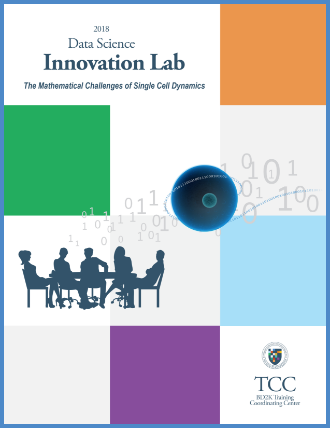Application period has ended. Thank you for your submission.
Early-career investigators from quantitative and biomedical fields are highly encouraged to apply. A broad diversity of backgrounds is welcomed! Women and underrepresented scientific communities are encouraged to apply.
Both quantitative and biomedical researchers should demonstrate their ability to work with researchers from different disciplines. Biomedical researchers should be able to leverage data relevant to the intersection of rural health biomedicine and environmental exposures and have an understanding of the problem space. Quantitative researchers should provide examples of the types of approaches, methods, techniques and the potential to utilize these techniques in diverse research areas related to rural health biomedicine and environmental exposures.
A committee will select approximately 30 applicants to take part in the Lab. Selected participants will have their travel and hotel expenses fully covered by BD2K TCC. Applicants must be willing to commit to stay for the entire duration of the Data Science Innovation Lab.
Detailed Information on 2019 Innovation Lab
Quantitative Topics of Expertise Needed
Biomedical Topics of Expertise Needed
Application Questions for Preview




